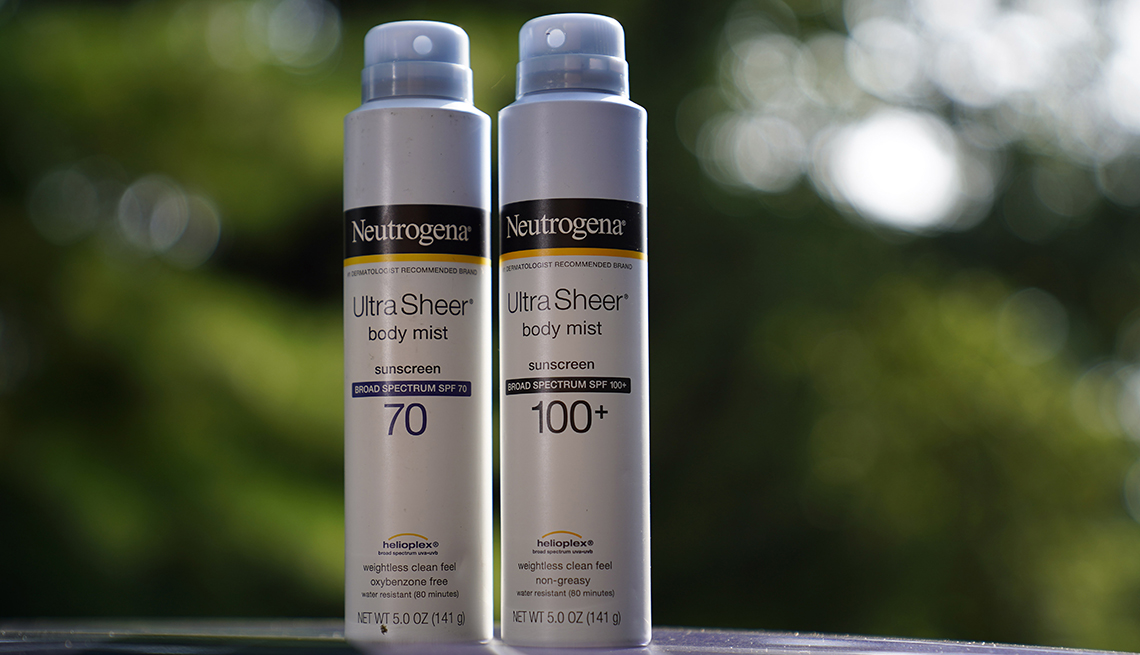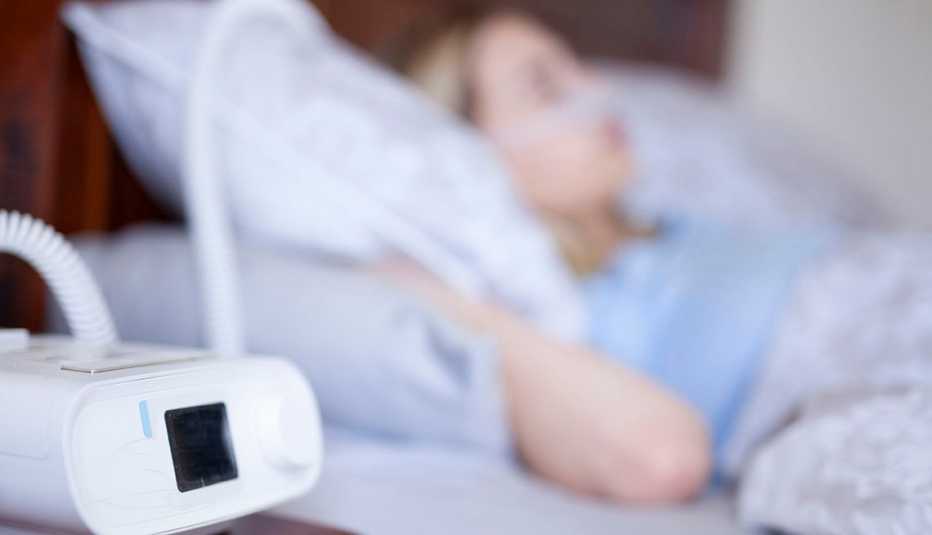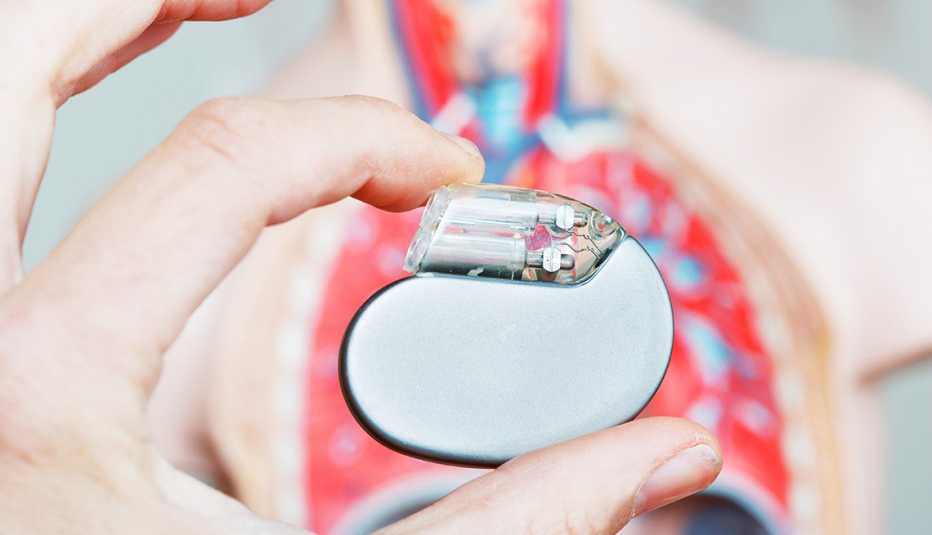Staying Fit
Johnson & Johnson (J&J) has issued a voluntary recall of five of its aerosol sunscreen products sold under the Neutrogena and Aveeno brands after identifying low levels of benzene, a cancer-causing chemical, in some samples.
The five products sold nationwide are:
- Neutrogena Beach Defense aerosol sunscreen
- Neutrogena Cool Dry Sport aerosol sunscreen
- Neutrogena Invisible Daily Defense aerosol sunscreen
- Neutrogena Ultra Sheer aerosol sunscreen
- Aveeno Protect + Refresh aerosol sunscreen


AARP Membership— $12 for your first year when you sign up for Automatic Renewal
Get instant access to members-only products and hundreds of discounts, a free second membership, and a subscription to AARP the Magazine.
Although benzene occurs naturally in the environment, it is also present in crude oil, gas and cigarette smoke. The chemical can enter the body through inhalation, oral ingestion or absorption through the skin. Age and preexisting medical conditions can determine how serious benzene exposure may poison someone.
"Daily exposure to benzene in these aerosol sunscreen products at the levels detected in our testing would not be expected to cause adverse health consequences,” J&J said in a statement. “Out of an abundance of caution, we are recalling all lots of these specific aerosol sunscreen products."
While benzene is not an ingredient in any of its sunscreen products, the company said it is investigating how it appeared in them. Other industries use benzene to manufacture products ranging from plastic and nylon to detergents and pesticides.
Consumers who bought the recalled sunscreens are advised to immediately stop using them and throw them out. Customers may contact J&J's Consumer Care Center (800-458-1673) with questions or to request a refund.
Anyone who has questions, concerns, or may have experienced problems from using the recalled products are advised to contact their healthcare provider.
Negative reactions or quality issues resulting from use of the sunscreens may also be reported to the Food and Drug Administration's MedWatch Adverse Event Reporting program in the following ways:
- Complete and submit a report online.
- Regular mail or fax: Download this form or call 800-332-1088 to request a reporting form, then complete and return to the address on the preaddressed form, or submit by fax to 800-332-0178.
What are the symptoms of benzene poisoning?
Benzene is a colorless or light yellow liquid at room temperature that evaporates quickly into the air. Low levels of the chemical may be present in outside air from tobacco smoke, gas stations, vehicle exhaust and industrial emissions. But there are generally higher levels of benzene in indoor environments from products such as glues, paint, furniture wax and detergents, according to the Centers for Disease Control and Prevention (CDC).
The severity of benzene poisoning depends on the amount, route and length of time a person is exposed. Age and preexisting medical conditions also play a factor.
Those who inhale high levels of benzene may develop the following signs and symptoms within minutes or hours:
- Drowsiness
- Dizziness
- Rapid or irregular heartbeat
- Headaches
- Tremors
- Confusion
- Unconsciousness
- Death (at very high levels)
Those who experience symptoms of benzene poisoning are advised to go to a hospital as soon as possible.
Long-term health effects from benzene exposure can include harm to the bone marrow and decreased red blood cells, leading to anemia. Women who inhale high levels of the toxin may develop irregular periods and shrink the size of their ovaries.
Exposure to high levels of benzene in the air, over a year or longer, can cause leukemia and cancer of the blood-forming organs.



































































